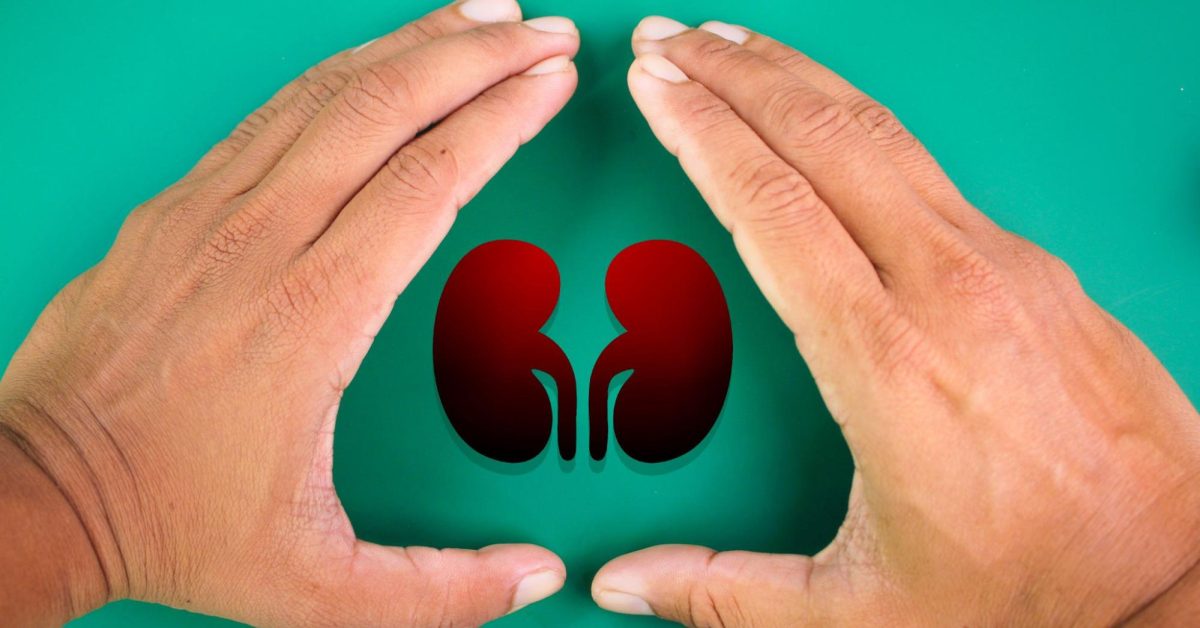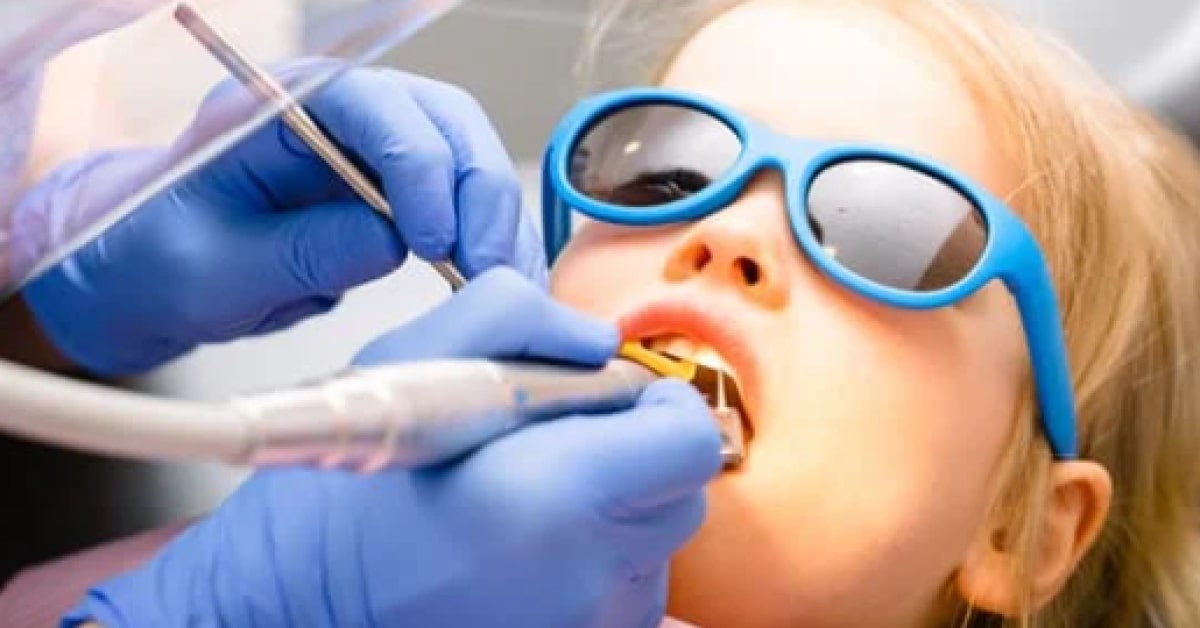Blog
June 19, 2023 • 10 mins readKidney Disease and Oral Health: What Dental Professionals Need to Know
Oral health is closely linked to overall health, and kidney disease is no exception. Learn about kidney disease and oral health, and how to provide the best care for patients with kidney disease.
Author
Danielle Duncan

In this Article
As dental professionals, it is important to understand the link between kidney disease and oral health. Approximately 37 million Americans of all ages have kidney disease, and of those 37 million, about 807,000 are living with some stage of kidney failure. Kidney disease affects millions of people worldwide, and it can have a significant impact on the whole body and even oral health. Let’s explore the relationship between kidney disease and oral health, and discuss what dentists and other dental professionals can do to help their patients with kidney disease maintain good oral health to reduce the risk of kidney disease-related complications.
What is Kidney Disease?
Kidney disease, also known as renal disease, is a condition in which the kidneys are unable to filter waste products from the blood effectively. If the kidneys aren’t able to effectively do their job, it can lead to a buildup of toxins in the body, which can cause a range of health problems. Kidney disease can be caused by a variety of factors, including diabetes, high blood pressure, and some medications.
As a dentist, you already know that poor oral health can be linked back to high blood pressure, diabetes, and many other systemic diseases, making it incredibly important for dental professionals to understand their role in helping their patients maintain whole body balance along with their oral health.
The Link Between Kidney Disease and Oral Health
Research has shown that there is a strong link between kidney disease and oral health. Patients with kidney disease are at an increased risk of developing oral health problems such as gum disease, dry mouth, and oral infections.
Patients with kidney disease have a reduced ability to produce saliva, which can lead to a dry mouth. Saliva plays an important role in protecting the teeth and gums from bacteria and other harmful substances. Without enough saliva, the risk of tooth decay and gum disease increases.
Since kidney disease can weaken the immune system, making it more difficult for the body to fight off infections, it is important for dentists to keep updated health histories on file for all of their patients so that they know exactly what course of action to take when treating kidney patients for periodontal disease, tooth decay, or even during annual dental cleanings.
It is important to note that patients with kidney disease may have dietary restrictions that can affect their oral health. For example, a diet that is low in calcium can weaken the teeth and bones, while a diet that is high in sugar can increase the risk of tooth decay.
What Dental Professionals Can Do to Help
Dentists and dental professionals such as oral hygienists play an important role in helping their patients with kidney disease maintain good oral health. Some steps dentists and oral hygienists may follow in guiding their kidney patients are:
1. Screen for Kidney Disease: Dental professionals should be aware of the signs and symptoms of kidney disease, and should help to screen their patients. Patients with kidney disease may present with a bad taste in their mouth and bad breath (halitosis) If the patient hasn’t already confirmed a diagnosis of renal (kidney) problems, encouraging a follow-up with their primary care physician for urine or blood tests may be needed.
2. Educate Patients: Dentists should educate their patients with kidney disease about the link between kidney disease and oral health and about the importance of maintaining good oral hygiene. Patients should be encouraged to brush and floss regularly and to use mouthwash to help protect their teeth and gums. Of course, this is something that dentists and oral hygienists already do with all of their patients who may be struggling to follow at-home oral health routines.
3. Monitor Medications: Some medications that are commonly prescribed to patients with kidney disease can affect oral health. Dental professionals should be aware of these medications and should monitor their patients for any side effects. Keeping an updated medication list for your patients can help you keep track of what symptoms and potential problems to watch for.
4. Treat Oral Health Problems Promptly: Patients with kidney disease are at an increased risk of developing oral health problems, and infection, so it is important to treat these problems promptly. This can involve treating gum disease, filling cavities, and addressing other oral health issues.If you find that your patients are hesitant due to the cost of their treatments, billing medical insurance for dental procedures can help to reduce the patient’s burden of cost while getting the care they need.
5. Work with Other Healthcare Providers: Dental professionals should work closely with other healthcare providers who are involved in the care of patients with kidney disease. This can include nephrologists, dietitians, and other healthcare professionals. Working in tandem with your patient’s other medical doctors can help to reduce the risks of infection caused by poor oral health and dental treatments.
In conclusion, kidney disease can have a significant impact on oral health, and dental professionals can play an important role in helping their patients with kidney disease maintain good oral health. By providing a basic screening for kidney disease, notifying patients of any needed follow-ups with medical providers, educating patients, monitoring medications, treating oral health problems promptly, and working with other healthcare providers, dental professionals can help their patients with kidney disease achieve better overall health.



